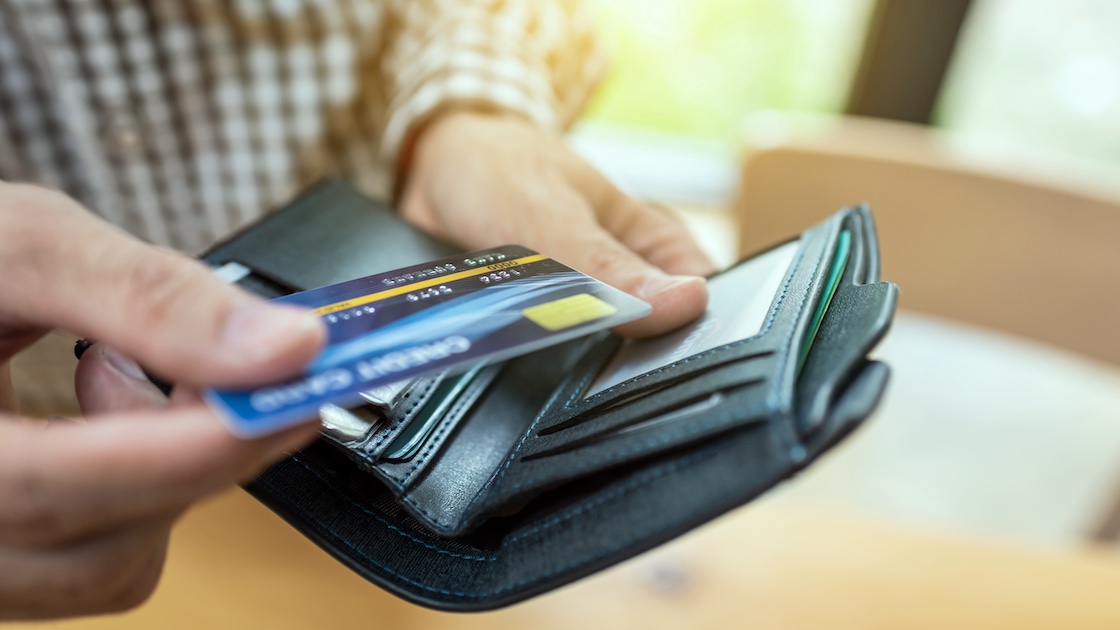How Financial Stress Can Put Recovery at Risk and What to Do About It
Recovery, whether from substance use, gambling, or other addiction, is about more than just quitting the behavior. It is also about rebuilding stability, trust, and a sense of control over everyday life. And one of the most common challenges people face during this time is money.
Bills piling up, debt that feels impossible to tackle, and difficulty earning a reliable income can all create serious stress. And for many, that financial anxiety becomes a trigger – making it harder to stay focused on recovery and increasing the risk of relapse.
The good news: financial stress doesn’t have to derail recovery. With awareness, support, and the right safeguards, it’s possible to reduce money-related pressure and strengthen long-term stability.
Why Money Matters in Recovery
Addiction can leave a lasting financial impact, including:
- Debt and credit challenges: Addiction often creates a financial trail of over-borrowing, missed payments, or gambling losses. These issues not only create stress in the moment, but can also damage credit, making it harder to qualify for housing, loans, or even some jobs.
- Limited income: Inconsistent work, employment gaps, or difficulty re-entering the workforce can mean income is lower than it was before addiction. Barriers such as a criminal record, health complications, or gaps in skills can make it even more challenging to regain financial stability.
- Costs of treatment and support: Recovery often comes with ongoing expenses, including therapy, medications, group programs, or residential treatment. While these supports are vital, the financial burden can add up.
- Family financial strain: The impact of addiction is often felt by the entire household. Missed bills, unreliable income, or money spent on harmful behaviors can lead to conflict, broken trust, and resentment. Even after making progress in recovery, repairing financial relationships can take time and patience.
Signs that Financial Stress May Become a Recovery Risk
When someone feels like their financial situation is out of control, it can fuel shame, stress, or hopelessness – all of which are known triggers for returning to old habits. Whether you’re navigating recovery yourself or supporting a loved one, it’s important to recognize when money stress could increase the risk of relapse. Some common red flags include:
- Avoiding bills or money conversations: Ignoring financial responsibilities or shutting down when the topic comes up can be a sign that the stress feels too overwhelming to face.
- Turning to high-risk borrowing: Payday loans, cash advances, or maxing out credit cards can escalate financial instability and reinforce old destructive cycles.
- Feelings of hopelessness: Statements like “I’ll never get ahead” or “what’s the point” show how financial stress can drain motivation and make recovery feel less attainable.
- Impulsive or risky spending: Spending money quickly, gambling, or making unplanned purchases may provide short-term relief but often leads to regret, guilt, and more financial pressure.
- Conflict with family or supporters: Arguments about money decisions, secrecy around spending, or broken financial agreements can strain relationships and erode the support system that’s so vital in recovery.
Identifying these warning signs early allows loved ones to step in with compassion and practical support before financial strain undermines the recovery progress.
Strategies to Help Reduce Money Stress
1. Cover essentials first
Focus on housing, food, transportation, and medical needs. A simple, realistic budget can help make sure these are always prioritized. Writing down all income – wages, benefits, or family support – and reviewing essential expenses with a trusted supporter can be a good first step.
2. Work toward a stable income
A steady income can relieve much of the pressure that makes financial recovery feel fragile. Returning to work also helps build structure, confidence, and independence. But finding a job after addiction isn’t always easy; here are some ways to move forward:
- Explore supportive employment programs: Many communities have workforce development programs, vocational rehab, or nonprofits that help people in recovery re-enter the workforce.
- Start small if needed: Part-time work, gig jobs, or volunteer opportunities can be stepping stones to rebuild skills and confidence.
- Be open to second-chance employers: Some businesses actively hire individuals with past legal or addiction-related challenges.
- Leverage your support network: Friends, family, or recovery peers may know of job leads or be willing to provide references.
Even if income isn’t immediately steady, small steps toward sustainable work can reduce financial strain and strengthen recovery over time.
3. Start small with savings
Even a modest emergency fund can reduce the risk of setbacks leading to relapse. Start with $5 or $10 when possible, or save windfalls like birthday money or tax refunds. For some, it helps to keep savings in an account with guardrails, such as one that requires in-person access or monitoring by a trusted supporter. Read this article for more tips on saving during recovery.
4. Track spending without shame
Wanting to avoid reviewing your bank statements out of guilt or fear is understandable, but awareness is key to taking control. Writing down daily expenses, reviewing transactions weekly, or using simple alerts for low balances can help. The goal isn’t judgment or shame – it’s about noticing patterns and making adjustments to get back on track.
5. Set up spending guardrails
Financial safeguards can help you steer clear of temptation and impulsive spending. When an individual in recovery has a True Link Visa® Prepaid Card, loved ones can use the Spending Settings to block trouble spots like liquor stores or online gambling, while keeping funds available for daily needs. Some people may also benefit from a credit freeze with the major bureaus, which can help prevent the opening of new credit accounts during times of stress.
6. Build accountability around money
Accountability isn’t only important in recovery programs – it’s also a powerful tool for staying on track with money decisions. This might mean reviewing expenses with a support person, working with a credit counselor, or using reporting tools from platforms like True Link that allow loved ones to see spending or get alerts in real time.
7. Rebuild credit, step by step
A low credit score isn’t permanent. Small, consistent actions like setting up autopay for bills, or using a secured credit card or credit-builder loan responsibly, can help repair credit over time. Progress may be gradual, but each positive step builds confidence and stability. Read this article for more tips on paying off debt and improving your credit during recovery.
Financial pressures can be a powerful relapse trigger, but they don’t have to derail progress. With the right strategies and support, individuals in recovery and their loved ones can feel more confident about their financial future and their wellbeing.











